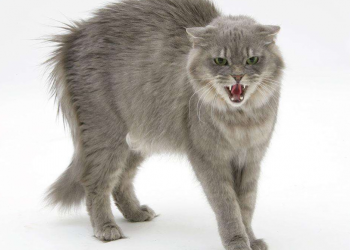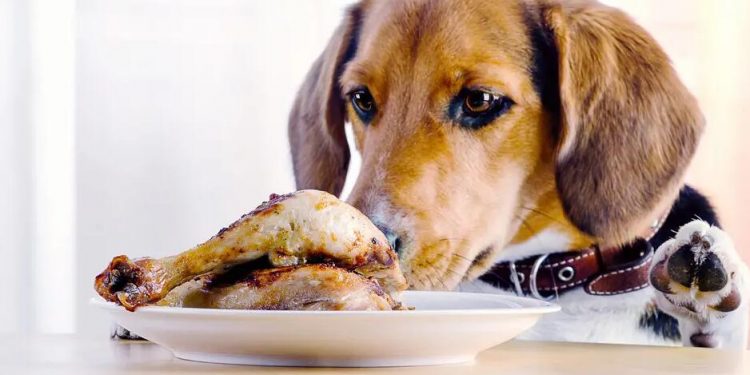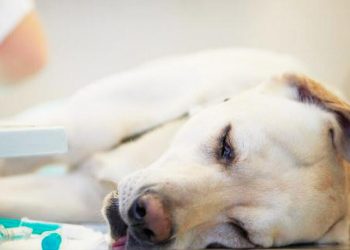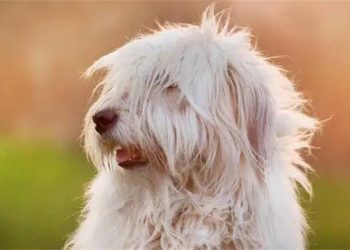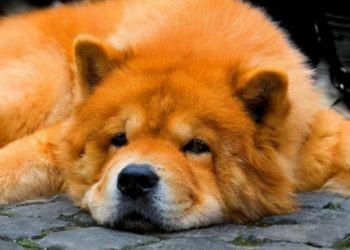Food can be a tricky thing when it comes to your dog. One has to be sure whether the food given to their pet dogs is healthy. Sometimes, people think human foods go well with their pet’s diet, but it is not true.
Human foods can be toxic for your pet. Consumption of such food items can be bad for their pet’s health and growth. Dr Dilip Sonune, director of veterinary service, Wiggles, shared with us a list of food items that should not be given to dogs.
Chocolate, coffee and caffeine
Chocolate tops the list of toxic foods for pets. Apart from chocolate, coffee and caffeine consist of a substance called methylxanthine. When ingested by cats and dogs, methylxanthine can cause diarrhea, vomiting, panting, excessive urination or thirst, hyperactivity, tremors, seizures, abnormal heart rhythm and sometimes even death. The darker the chocolate, the more dangerous it is.
Grapes and raisins
Grapes and raisins are extremely toxic for dogs and cats and can cause kidney failure. Even small amounts can prove to be fatal.
Nuts
Although xylitol-free peanut butter made with de-husked peanuts is safe for dogs, some other nuts are not. Nuts like almonds, walnuts and pecans contain high levels of fats and oils. These excessive fats can cause diarrhea, vomiting and even pancreatitis in cats and dogs. Macadamia nuts are also harmful as they cause vomiting, weakness, depression, hyperthermia and tremors in dogs.
Milk and dairy products
Although some cats and dogs can digest small amounts of milk, it is not recommended to give pets milk. The reason being, dogs and cats do not possess the necessary enzyme needed to digest milk — lactase. Milk and dairy-based products can cause diarrhea and other digestive issues.
Garlic, onions and chives
Ingestion of these ingredients can be the cause for gastrointestinal issues and could also lead to anemia and red blood cell damage. Cats are more susceptible than dogs, but dogs can be at a risk, too, if they consume large amounts of garlic, onions or chives.
Undercooked/raw meat, eggs
Raw meat and raw eggs can often contain dangerous bacteria such as salmonella and E.coli that can cause serious health issues. Raw eggs contain an enzyme called avidin that can lead to skin and coat problems in cats and dogs.
Cooked bones
Many pet parents think that giving cooked bones is better than giving raw bones. On the contrary, cooked bones can splinter and cause injuries to your pet whereas raw bones are usually safe for your pet.
Sugar/Xylitol
Sugar and xylitol can be extremely harmful for dogs and cats. Xylitol is used as a sweetener in products like candy, chewing gum, toothpaste, cakes, cookies and other baked goods. Ingestion of sugar or xylitol causes a release of insulin which can lead to liver failure. An increase of insulin can also cause your pet’s sugar levels to decrease which is also known as hypoglycemia. Initial signs of xylitol poisoning can include vomiting, loss of coordination and lethargy. They can also progress to tremors and seizures.
Salt
Large amounts of salt can cause sodium ion poisoning in pets. Ingestion of salt can also lead to excessive thirst and urination. Snacks like potato chips, popcorn and other foods that contain high amounts of salt should always be kept away from your pet’s reach. Other signs of salt poisoning in dogs and cats include vomiting, diarrhea, lethargy, high fever, tremors, seizures and sometimes even death.
Yeast dough
Yeast dough can cause gas in your pet’s stomach as it can accumulate and rise in your pet’s digestive system. This can cause your pet’s stomach to bloat and potentially twist which can become a fatal emergency. Yeast also produces ethanol as a by-product and a pet ingesting bread dough can have similar effects to being drunk.



